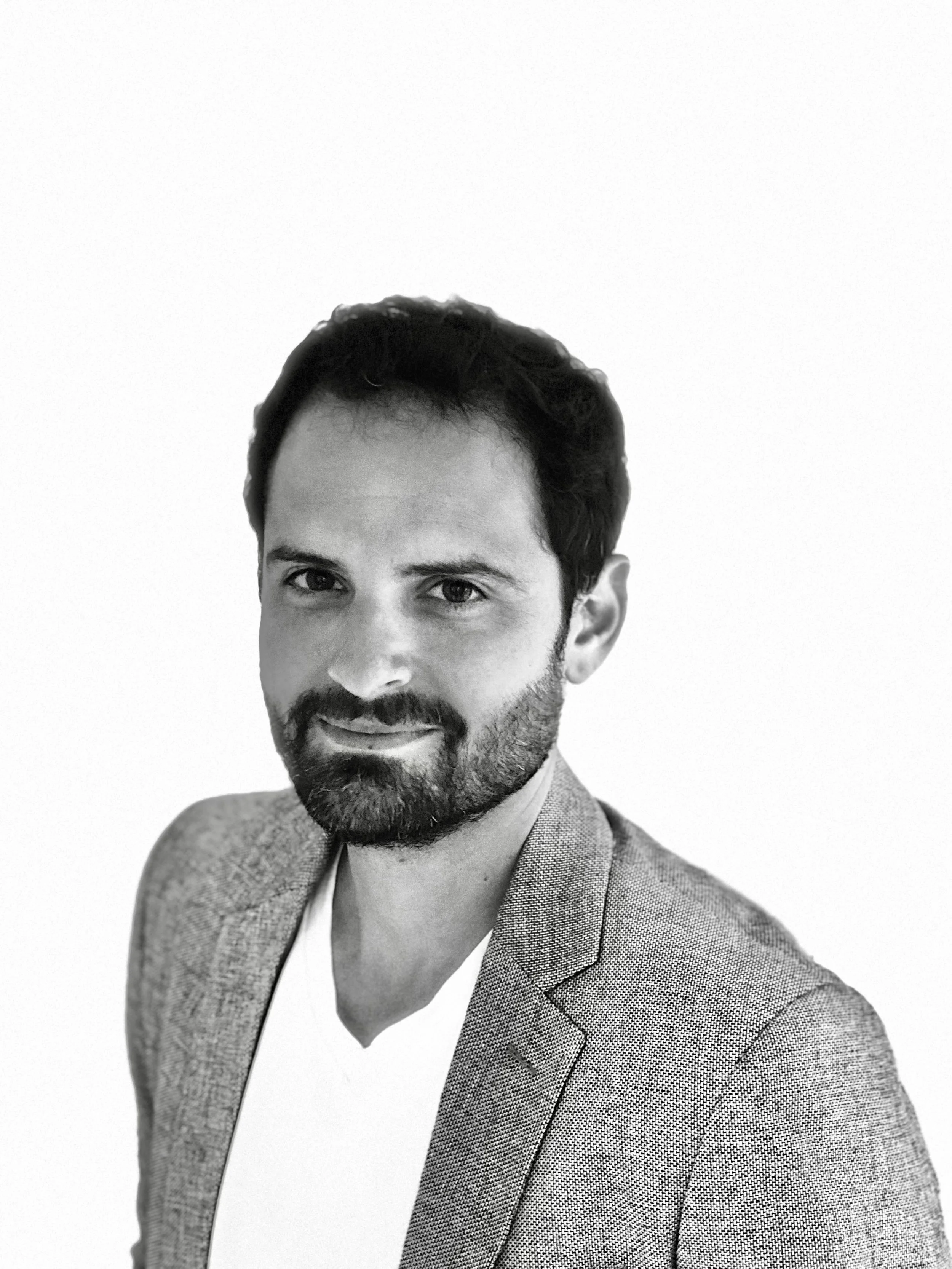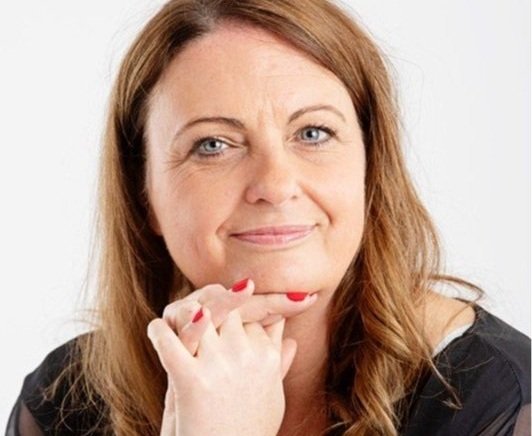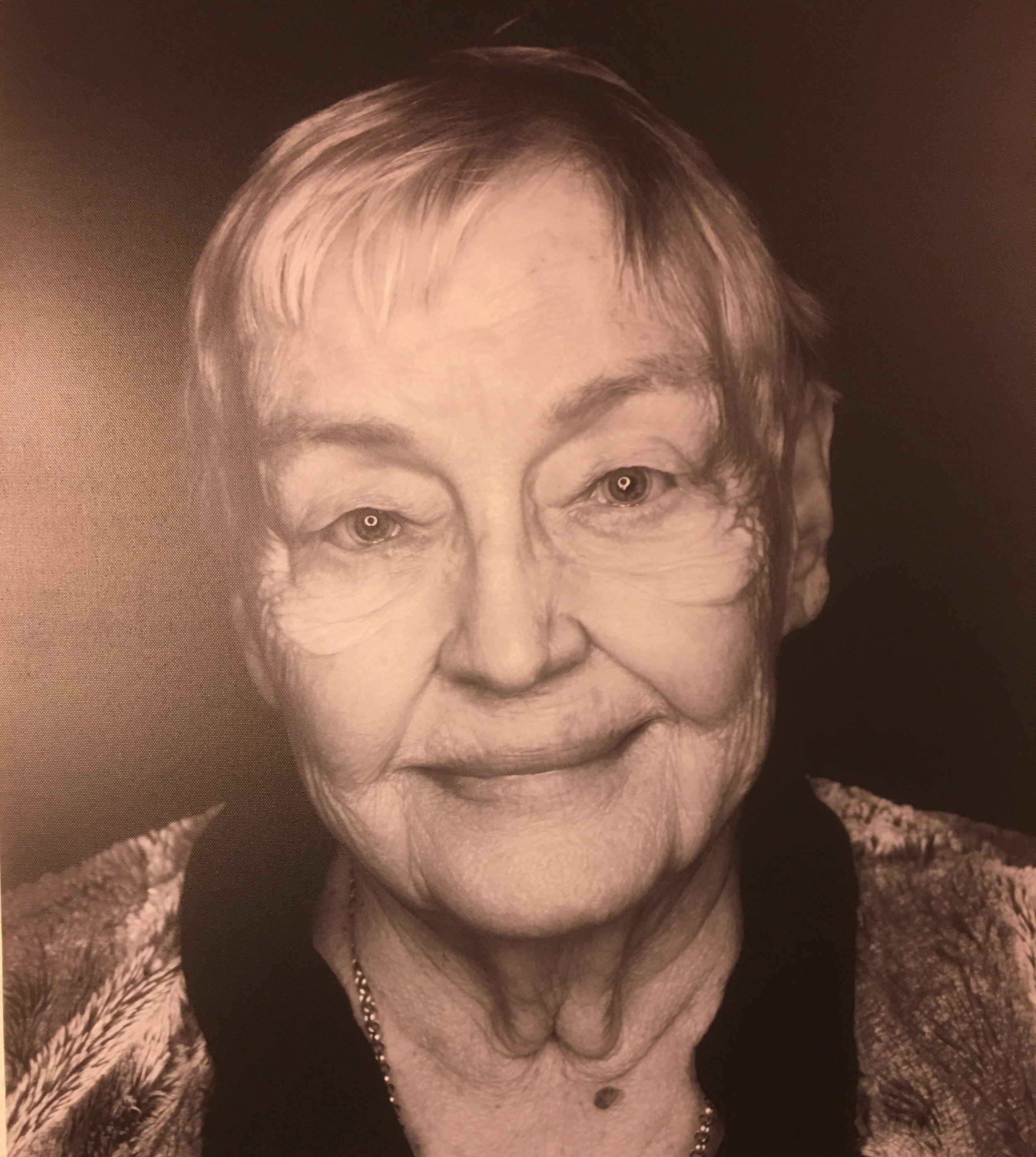12 Step Addiction Recovery in a Men’s Prison
In the late 1920s, the Swiss Psychiatrist Carl Jung treated an American businessman called Rowland Hazard for alcoholism. Hazard relapsed following treatment and Jung had the humility to admit to his client that he did not think he would be able to help him, saying: “You have the mind of a chronic alcoholic. I have never seen one single case recover, where that state of mind existed to the extent that it does in you.” Struggling to process this horrifying news, Hazard asked if there was anything that he could do. Jung replied by saying that only a vital spiritual experience in the nature of a huge emotional displacement and rearrangement would be sufficient for Hazard to recover from alcoholism. Jung stated that this sort of spiritual experience had been occurring since man first crushed grape, but that he did not know how to effect it via a psychological approach. On returning home to the United States, Hazard joined an Evangelical Christian movement, carrying a message of radical personal change to the pioneers of AA.
More than thirty years later, AA’s co-founder Bill Wilson belatedly wrote to Jung to express his gratitude for the psychiatrist’s unwitting part in the formation of AA. Jung’s reply regarding his former patient is illuminating. He stated: “His (Hazard’s) craving for alcohol was the equivalent on a low level of the spiritual thirst of our being for wholeness, expressed in medieval language: the union with God. How could one formulate such an insight in a language that is not misunderstood in our days?”
“You see," Jung wrote, "'alcohol' in Latin is spiritus, and you use the same word for the highest religious experience as well as for the most depraving poison. The helpful formula therefore is: spiritus contra spiritum.”
“Many men in prison have strong feelings of religiosity, as well as a burning desire for meaning, purpose and to belong to something greater than themselves.”
How much need is there for 12 Step in men’s prisons?
As of 30th June 2023, the UK prison population was 85,851. 96.1% of the UK prison population is male (82,481 men). There were 43,255 adults in alcohol and drug treatment in prisons and secure settings between 1 April 2020 and 31 March 2021. Mutual aid (MA) refers to the social, emotional and informational support provided by, and to, members of a group at every stage of recovery. Mutual aid groups are an important source of structure and continuing support for people seeking recovery from alcohol or drug dependence. Multiple rigorous studies have been conducted which support the effectiveness of Alcoholics Anonymous and some other mutual help models as well.
Twelve-step programs are international mutual aid programs supporting recovery from substance addictions, behavioural addictions and compulsions. The most famous of these organisations are Alcoholics Anonymous (AA) and Narcotics Anonymous (NA), founded in 1935 and 1953 respectively. Since that time dozens of other organizations have been derived from AA's approach to address problems as varied as drug addiction, compulsive gambling, sex, and overeating.
As the story at the start of this article illustrates, 12 Step is a spiritual program that suggests belief in and dependence upon a Higher Power. This Higher Power should be in line with the individual’s own understanding, and atheists and agnostics who shun the idea of a ‘creative intelligence’ or ‘spirit of the universe’, will often adopt the therapy of the group itself as their higher power. Many men in prison have strong feelings of religiosity, as well as a burning desire for meaning, purpose and to belong to something greater than themselves. AA is so much more than a ‘not drinking club’, as the 12 Step program encourages the elimination of resentment, grandiosity, self-obsession, and self-pity, promoting the cultivation of courage, gratitude, humility, and service. There has been a sharp decline in the number of accredited rehabilitation programmes completed by prisoners in England and Wales, and 12 Step Fellowships have been described as ‘the closest thing in public health to a free lunch’.
Prison provides a significant opportunity for effective engagement with addiction treatment.
12 Step is a solution focused, shoulder to shoulder approach to the problem of addiction. The basic text of Alcoholics Anonymous provides a description of alcoholism and then a practical program of action with clear cut directions on how to recover. Experienced members guide newcomers through the 12 steps in a form of mentoring known as ‘sponsorship’. For many men, their sponsor will be the first human being to whom they have fully revealed themselves. This brings to mind the ‘meeting the mentor’ stage of the hero’s journey described by Joseph Campbell in ‘The Hero with a Thousand Faces’. Whilst contact with the group is shoulder to shoulder, meaningful inner work undertaken with a sponsor is generally conducted in private.
Men and women benefit equally from participation in 12 Step groups, but some of the ways in which they benefit differ. For example, avoiding ‘drinking buddies’ and old haunts was more beneficial for men, whereas dealing with emotional triggers to drinking (feeling sad, depressed, or anxious) was more beneficial for women. We know that one reason men are more likely to misuse substances than women is due to peer influence, so it stands to reason that an effective treatment pathway for men would promote peer support and the sense of camaraderie that accompanies that.
Being young or male, or even more, being a young male, is a robust predictor of being more likely to use addictive drugs in virtually every culture throughout the world. There are many reasons for this, including: a greater willingness and social acceptability to explore and break with conventions; social influence (e.g., what one’s peer group is doing), role socialization (e.g., to drink is manly, to be young is to go to parties); and freedom granted from other responsibilities that would compete with use (e.g., child care).
Recovery Stories
The prison where I work currently runs a regular ‘Recovery Stories’ event in which a speaker from the recovery community shares their story of addiction and recovery. These events are open to all residents who wish to attend. Feedback from attendees at these events is overwhelmingly positive - and my colleagues and I have observed that keywork sessions with our clients in the aftermath of these events facilitate more impactful recovery work. The men gain a deeper insight into the true nature of their relationship with substances by exposure to the stories of others who have overcome the same issues. Crucially they are also exposed to what Professor David Best describes as ‘the social contagion of hope’.
Identity plays a vital role in addiction recovery, and the 12 Step ‘tribe’ helps a newcomer to abandon old ideas such as ‘real men drink’, facilitating the development of a strong, sober, non-using identity. A person can be said to have transitioned from mere physical abstinence to a healthy, recovered state when they begin to see themselves as a person who no longer uses alcohol or other drugs.
Indeed there is an acronym that summarises the evidence of what works in the delivery of recovery programmes – CHIME – which stands for Connectedness; Hope; Identity; Meaning and Empowerment.
“I personally know many men who began their recovery journey in jail, and are now in peaceful and productive long-term recovery. Several of these men have returned to the custodial environment to share their experience with those who are still incarcerated.”
Alongside ‘Recovery Stories’, the prison runs a 12 Step mutual aid meeting in the style of AA/NA. These meetings are ideal for men who have accepted (or are in the process of accepting) that they simply cannot risk using alcohol or other drugs - in any quantity - on their release from prison. Those who are recovering from alcoholism and addiction who have identified entire abstinence as their goal are encouraged to attend the meeting. The principal motivation for this is to help these residents to build recovery capital, develop a strong ‘non-using identity’ and begin to see themselves as part of a wider recovery community. The 12 Step Meeting is a ‘hybrid’ meeting tailored to address alcoholism and other forms of addiction. It utilises literature from both Alcoholics Anonymous and Narcotics Anonymous. I personally know many men who began their recovery journey in jail, and are now in peaceful and productive long-term recovery. Several of these men have returned to the custodial environment to share their experience with those who are still incarcerated.
The Doctor’s Opinion
Dr Silkworth, Medical Director of Towns Hospital in New York, and specialist in the treatment of alcoholism and addiction, wrote the following words in the first edition of the Big Book of Alcoholics Anonymous in 1939:
“We doctors have realized for a long time that some form of moral psychology was of urgent importance to alcoholics, but its application presented difficulties beyond our conception. What with our ultra-modern standards, our scientific approach to everything, we are perhaps not well equipped to apply the powers of good that lie outside our synthetic knowledge.”
To this addiction healthcare professional, Dr Silkworth’s words regarding moral psychology and ultra-modern standards still ring true over eighty years later. Regarding the latter, many men in prison have engaged with a wide variety of ‘services’ from a young age, and often recoil from having to repeatedly retell their whole life story to a revolving cast of health and social care workers. Indeed, I remember vigorously nodding my head in agreement when I heard David Best, Professor of Addiction Recovery at Leeds Trinity University, describe the typical substance misuse assessment process as ‘cataloguing misery’.
Early in his career, [Keith Humphreys, professor of psychiatry] said, he dismissed AA, thinking, “How dare these people do things that I have all these degrees to do?”
I can attest to the existence of an ever-expanding assessment culture requiring the harvesting of a vast amount of personal data in a manner that is often blatantly anti-therapeutic. In contrast, there is really only one requirement for attendance at 12 Step meetings: Do you have an honest desire to stop using alcohol and other drugs? If the answer is yes, then you are able to attend. There is no admission process, signatures required, bureaucracy of any type. You just attend. This is truly revolutionary by today’s ‘ultra-modern standards’. As it says in the NA literature, ‘the therapeutic value of one addict helping another is without parallel’.
“After evaluating 35 studies — involving the work of 145 scientists and the outcomes of 10,080 participants — Keith Humphreys, professor of psychiatry and behavioural sciences, and his fellow investigators determined that AA was nearly always found to be more effective than psychotherapy in achieving abstinence. Early in his career, Humphreys said, he dismissed AA, thinking, “How dare these people do things that I have all these degrees to do?” It would appear that repeated exposure to the principles of 12 Step recovery can lead to an attitude of humility not just in attendees, but in researchers too.
Scroll down to join the discussion
Disclaimer: This article is for information purposes only and is not a substitute for therapy, legal advice, or other professional opinion. Never disregard such advice because of this article or anything else you have read from the Centre for Male Psychology. The views expressed here do not necessarily reflect those of, or are endorsed by, The Centre for Male Psychology, and we cannot be held responsible for these views. Read our full disclaimer here.
Like our articles?
Click here to subscribe to our FREE newsletter and be first
to hear about news, events, and publications.
Have you got something to say?
Check out our submissions page to find out how to write for us.
.























































